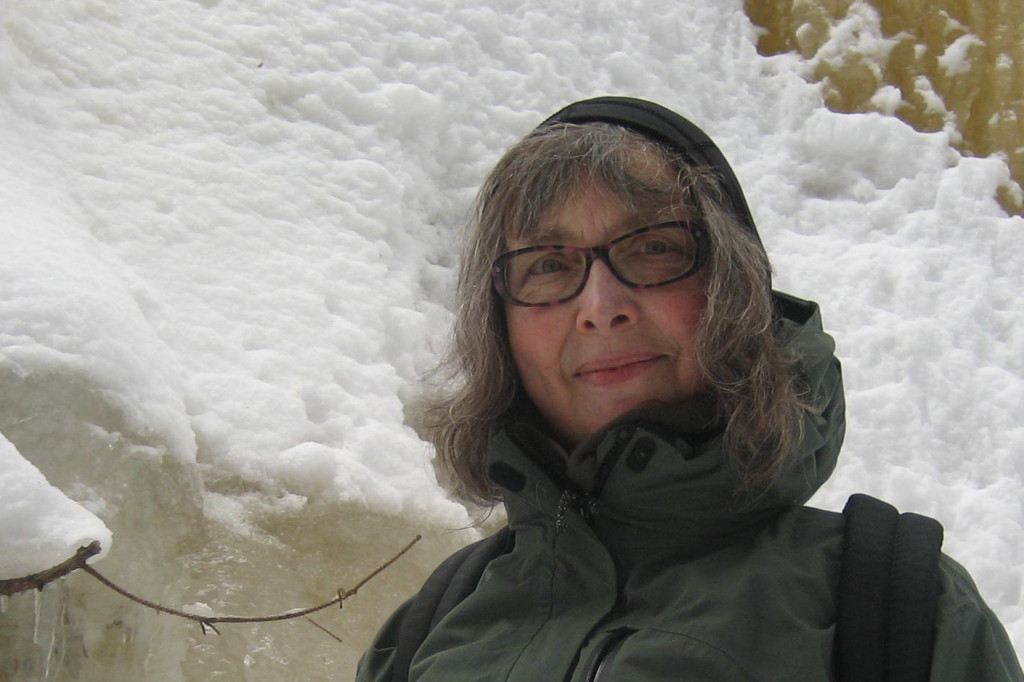The Writers in the Community workshops mostly culminate in zines (literary magazines of the participants’ work) and readings. Sometimes there are more elaborate performances. Last night I was looking back over the three zines that have come out of workshops I’ve facilitated at Elizabeth House since autumn, 2012 in Montreal. Each poem or short prose piece brought back memories of its writer, her face, her voice reading to the rest of the group, her pride in her work.
On their website, Elizabeth House is described as “a private rehabilitation centre that offers a continuum of intensive intervention and specialized support services to parents, particularly young mothers and mothers-to-be, experiencing serious difficulties adjusting to pregnancy or in their parenting role.” Many of the young women come from Montreal or other places in Canada. Some have origins beyond Canada’s borders. English is the first language for most of the residents but the second or third for others. Mostly, the young women choose to write in English, but they also write in French and, occasionally, Creole or Patois.
I’ve written something I called poetry since middle school, but became a social worker in my forties and used writing poetry as a therapeutic tool with groups of parents. There was little difference in that work and the work I’d done earlier in my life — teaching poetry workshops to children in schools in Maryland and North Carolina. My inspiration was the work of Kenneth Koch, Wishes, Lies and Dreams and Rose, Where Did You Get That Red?, two books about his experiences teaching poetry in public schools in NYC. The books contain poems, prompts and methods to get people of all ages writing and over the hump of “I can’t write poetry!” or “I don’t know what a poem is!” or “Poetry! I don’t like poetry!”
I don’t have a definition. Each word in a poem matters, where it comes, what words it’s next to, how the line sounds. Compared to a novel, more like arsenic than an atom bomb, a storm in a teacup than a hurricane. Or a bolt of lightning in a teacup or a broken teacup or a cracked plate? Maybe none of these. Language pulls us along and we swim with the current or against it or diagonally. It’s bigger than any of us and has a lot to do with how we think of ourselves, how the young women in Elizabeth House think of themselves and their children. Think of the words in the mouths of powerful people in your own life that have changed you, maybe a little, maybe for a lifetime: Good, Bad, Lazy, Yes, Stupid, Pretty, Fat, Brilliant, Lovely, Never, No, Wonderful.
Some of these young women have been talked at, down to, by powerful systems: families, schools, and the street. Sometimes they’ve been talked up by others, sincere and not so sincere, who only had to say the words they wanted so much to hear: “You’re so beautiful. I love you.” Some of these young women have been abused or neglected. Some have secure backgrounds. Most of these mothers and mothers-to-be have islands of safety that appear in their writing, special people and places that nourished them and will continue to nourish them and their children. None want their children to suffer the bad things they’ve suffered, but the tools to keep that from happening are sometimes tricky to learn. Many of the women at Elizabeth House know how tricky.
Maybe some of us grow up without ever having to doubt our ability to swim in the river and teach our children to swim and look as if it’s all for fun, but many of the young women at Elizabeth House know how easy it is to just slip under, to drown or watch, helpless, while somebody they care about drowns.
At the end of one of Nelica’s poems are the words:
TOUCH MY CHILD & I KILL YOU DEAD
NO REGRETS
Sara writes:
It is an addiction,
this crimson melancholy.
Becca:
My dimples are so cute
Hello Kitty is jealous.
They’re so deep that
you could bury a body in them.
Amanda:
I’m the bird in the window
looking out for you
Poetry can help us see clearly. The pen or pencil can be used like a scalpel to separate what drags us down from what’s buoyant and alive. The young women at Elizabeth House work very hard to give better than what they’ve gotten, one way and another, and if poetry can help a little, we can all be grateful.
Dale Matthews’ first book, Wait for the Green Fire, was published by the New Orleans Poetry Journal Press in 2010 and her chapbook, A Puzzle Map of the World, won first place in The Ontario Poetry Society’s 2011 Golden Grassroots Chapbook Contest. Dale has lived in Montreal since 2005 and works in the Writers in the Community program, a joint venture of the Quebec Writers’ Federation and the Centre for Literacy. Most recently, her poems have appeared in the Literary Review of Canada and in Best Canadian Poetry (2013).
QWF is in the midst of its annual fundraising campaign to help bring Writers in the Community to more at-risk adolescents.
Click here to learn how you can help.
To learn more about the Writers in the Community program and see more examples of the participants’ writing, visit our webpage.
